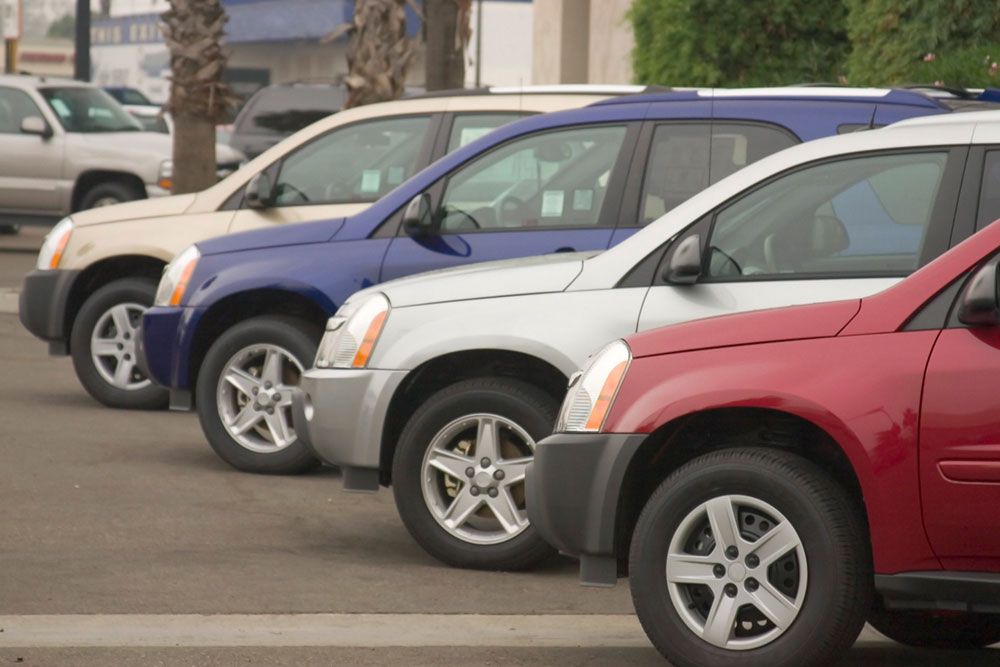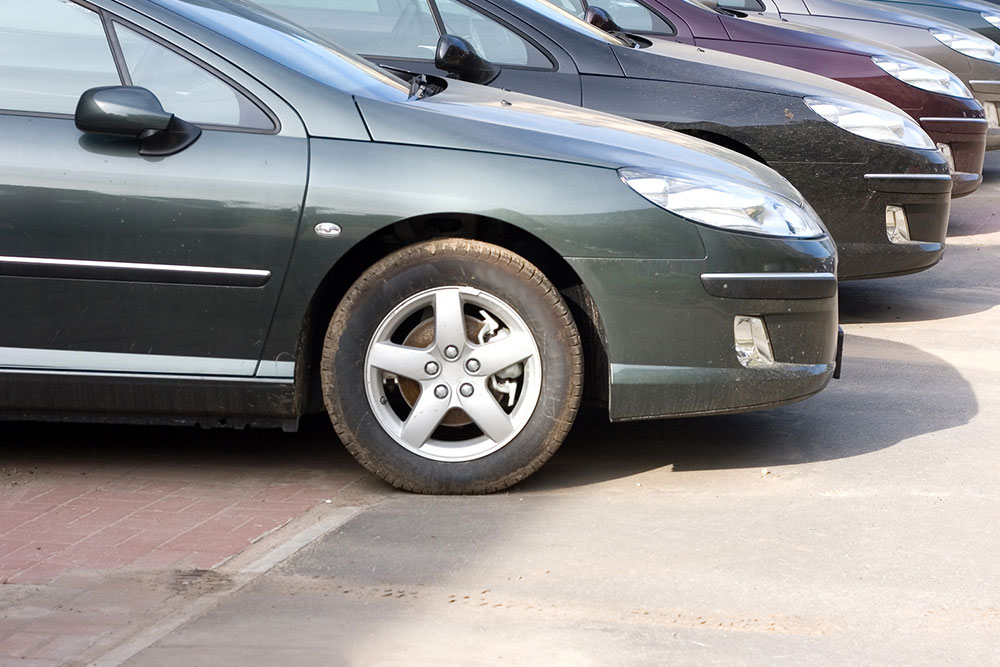Comprehensive Guide to Buying a Used Car with No Down Payment
Explore comprehensive strategies for purchasing a used car with no down payment. This detailed guide covers understanding vehicle costs, key features of zero down finance, eligibility criteria, essential documents, and alternative options. Perfect for budget-conscious buyers seeking affordable vehicle ownership solutions.

Comprehensive Guide to Buying a Used Car with No Down Payment
Purchasing a vehicle can significantly enhance your mobility, offering unparalleled freedom to travel wherever you desire. It not only helps you save money on transportation costs like taxi fares but also provides the convenience of personal transport. For many car buyers, especially those on a budget, opting for a used car is a practical choice that can reduce expenses by more than half compared to buying brand new. If you're considering acquiring a used vehicle without making an initial down payment, it’s crucial to understand the steps involved, the financial implications, and the key criteria to qualify for such financing options.
Understanding the Average Cost of Used Cars
Before diving into zero down payment financing options, it's essential to familiarize yourself with the typical prices of used cars in the market. The cost of a second-hand vehicle varies widely based on several factors including the brand, model, age, mileage, condition, and accident history. Generally, prices for used cars can range from as low as INR 30,000 for older or less popular models to over INR 10 lakh for well-maintained, newer, or luxury vehicles. To make an informed decision, potential buyers should research market prices, compare different models, and use online car valuation tools to estimate the current worth of vehicles they are interested in.
Many lenders and financial institutions analyze these factors to determine the loan amount they are willing to extend. Typically, the bank or lender splits this amount into manageable monthly installments based on the chosen loan tenure. For instance, a loan amount of INR 5 lakh at an interest rate of 10% for a period of five years will result in approximate monthly payments of INR 10,624. Understanding these figures helps buyers plan their budgets more effectively and evaluate the affordability of monthly installments for their financial situation.
The overall cost of a used vehicle depends heavily on various aspects like the brand, specific model, vehicle age, overall condition, mileage, and maintenance history. To accurately assess the financial requirements, prospective buyers should leverage online calculators and loan repayment estimators that help estimate monthly payments based on different loan amounts and interest rates. Additionally, a thorough physical inspection of the vehicle, including its engine, body, tires, and internal components, is vital before making any purchase. This inspection helps identify any damages, repairs needed, or potential issues that could influence the vehicle's value and future servicing costs.
What Does Zero Down Payment Financing Mean?
Zero down payment auto loans, also referred to as “100% finance,” allow you to borrow the entire cost of a vehicle without providing any upfront payment. This financing option is especially appealing to individuals who lack immediate funds or savings for a down payment but want to own a used vehicle immediately. With this method, you can acquire the car by financing the full purchase price and then repaying the borrowed amount through fixed monthly installments over a specified period. These periods can range from a few months to over five years, depending on the lender’s policies and your repayment capacity. Essentially, this approach offers a pathway to vehicle ownership without the need for substantial initial cash outlays.
Main Features of Zero Down Payment Car Loans
While terms may vary among lending institutions, some common features characterize zero down payment auto loans. Most notably, these loans do not require a traditional down payment, making them accessible for buyers with limited savings. However, additional costs such as vehicle accessories, extended warranties, or optional upgrades may not be included in the financed amount. To qualify, applicants typically need to have a good credit profile, with credit scores above 750 being preferable. The loan amount is usually capped at a level that aligns with the borrower’s income and repayment capacity, often not exceeding their annual earnings. Borrowers should also anticipate paying processing or administrative fees, which are standard in most auto loan agreements. The approval process and loan terms depend heavily on the applicant’s financial health, existing debts, employment status, and overall creditworthiness.
Eligibility Criteria for Zero Down Payment Auto Loans
To be eligible for zero down payment auto financing, applicants generally need to meet certain age, income, and employment requirements. Typically, applicants should be at least 18 to 25 years old, with a maximum age limit around 75 to 80 years, depending on the lender. Both salaried employees and self-employed individuals can apply, provided they meet minimum income thresholds and have a stable employment history. A high credit score, particularly above 750, significantly improves chances of approval. Having an existing relationship with the bank or financial institution, such as holding a savings account or previous loans, can also enhance approval prospects. The overall value of the vehicle and the applicant’s financial profile influence the specific terms and maximum loan amount the lender is willing to offer.
Required Documentation for Loan Application
Applicants must submit several documents to verify their identity, income, and residence. Commonly required documents include proof of income such as salary slips, Form 16, income tax returns, or bank statements. Proof of residence can be established with documents like Aadhar cards, passports, utility bills, or rent agreements. Identity verification is carried out through passports, driver’s licenses, or other government-issued IDs. Additionally, if the applicant owns or is financing another vehicle, relevant ownership papers or loan documents should be provided. Lenders may also ask for employment verification letters or employer-issued certificates to confirm ongoing employment status. Preparing these documents in advance facilitates a smoother loan approval process.
Alternatives to Zero Down Payment Loans
If you are unable to qualify for zero down payment financing or prefer other options, there are alternatives to consider. One such option is trading in your existing vehicle, which can substantially reduce the down payment amount or eliminate it altogether. Additionally, some buyers opt for personal loans, which can be used to finance the vehicle purchase. However, it is crucial to weigh the higher interest rates and additional repayment obligations associated with personal loans. Other creative solutions include saving for a larger down payment over time or seeking assistance from family members or guarantors who may be willing to co-sign or provide financial support.
In conclusion, purchasing a used car with zero down payment can be an attractive option for many buyers looking to own a vehicle without immediate cash commitment. By understanding the key factors, eligibility criteria, and available alternatives, prospective buyers can make informed decisions that best suit their financial circumstances and vehicle needs.





